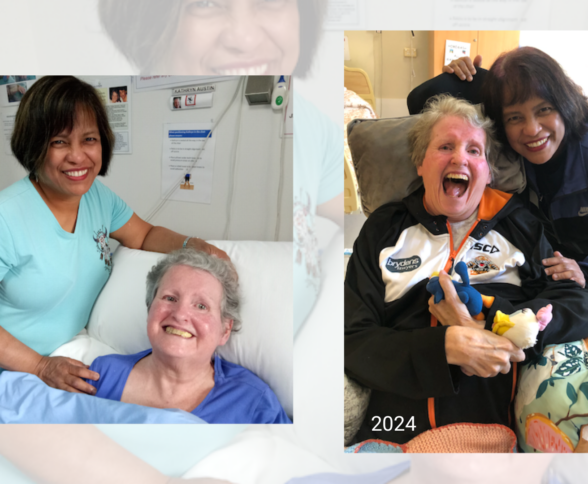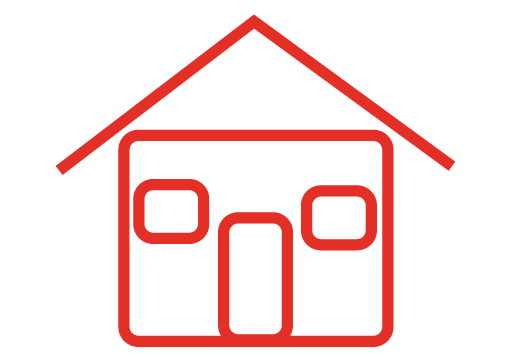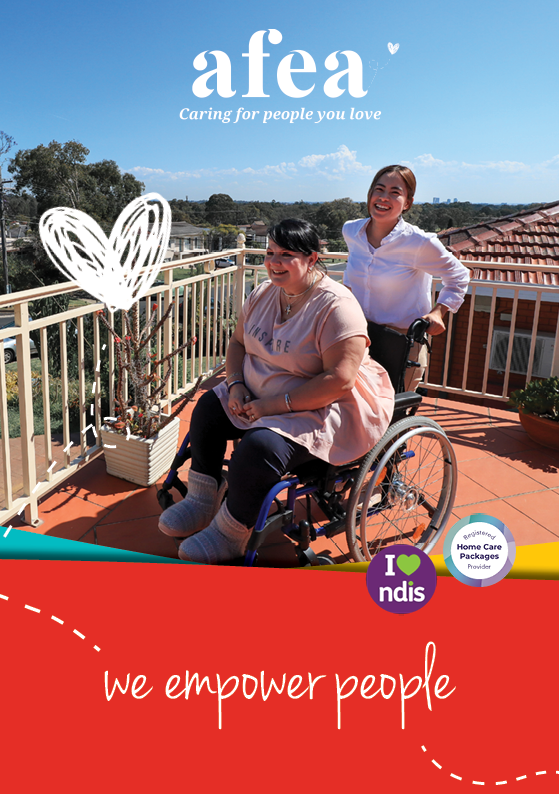Assistive technology or AT is any equipment or device that can improve a person’s functioning or independence.
With assistive technology, a person with disability can carry out tasks more easily or safely. AT can also help them do things they can’t normally do due to their disability.
Equipment or devices designed to improve daily life can range from small things like non-slip mats, to big things like powered adjustable beds.
Keep reading to learn more about assistive technology and what you need to do to get AT included in your NDIS plan.
Can I get support for assistive technology from the NDIS?
Of course! But it will have to meet the NDIS funding criteria.
This means the AT support must relate to your disability, help you pursue your goals and be most appropriately funded or provided through the Scheme (as opposed to other support services, such as the health or education system).
You can read the rest of the NDIS criteria here along with some examples to help you decide if your requested AT can be funded or not.
How do I get assistive technology included in my plan?
The examples are not exhaustive, so it’s still best to bring up assistive technology during your first planning meeting so it can be included during the approval process.
If you already have a plan, you can request for a plan reassessment through your support coordinator or Local Area Coordinator.
To help the NDIA understand what you need, you’ll need to provide evidence.
Low, mid and high cost AT
What evidence you need to provide depends on the cost of the item.
AT has three categories:
- Low cost assistive technology are items that cost under $1,500 per item. They are easy to set up and use and are available from local suppliers or general retailers.
Funding for low cost AT sits in your Core – Consumables budget.
Examples include adaptive cutlery or basic shower chairs.
- Mid cost assistive technology cost between $1,500 to $15,000 per item.
Funding for this will be in your Capital budget.
Examples include a customized shower chair or power wheelchairs.
- High cost assistive technology cost more than $15,000 per item.
This also sits in your Capital budget.
High cost AT are complex and require an individual assessment to make sure they are the right solution for you.
Examples may include a wheelchair that is custom-made for your needs, complex communication devices or ventilators.
Providing evidence

The NDIA recommends getting an assessment from an independent AT advisor to help identify the most appropriate AT for you.
The advisor can also discuss the risks with you, as some equipment needs to be set up by a professional to avoid injury.
You can speak to an allied health practitioner (such as an occupational therapist), AT mentor or other qualified practitioner.
They’ll provide you a letter, email or report to be included as evidence to submit to the NDIA.
If you’re requesting high cost AT, which cost more than $15,000, the NDIA needs to see both the written evidence from your AT advisor and a quote for the AT.
You don’t need a quote for items that cost less than $15,000.
Once you’ve provided all the evidence, the NDIA is required to make a decision about low and mid cost assistive technology within 28 days, and within 50 days if it’s high cost.
If you requested AT in your first plan, it will be considered as part of the NDIA’s approval process.
Learn more about AT with the help of Afea
Afea’s Plan Management and Support Coordination teams are experts in navigating the NDIS. Reach out to us for a chat by calling 1300 65 11 33 or by filling out our form.















